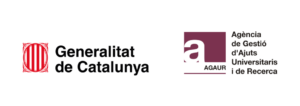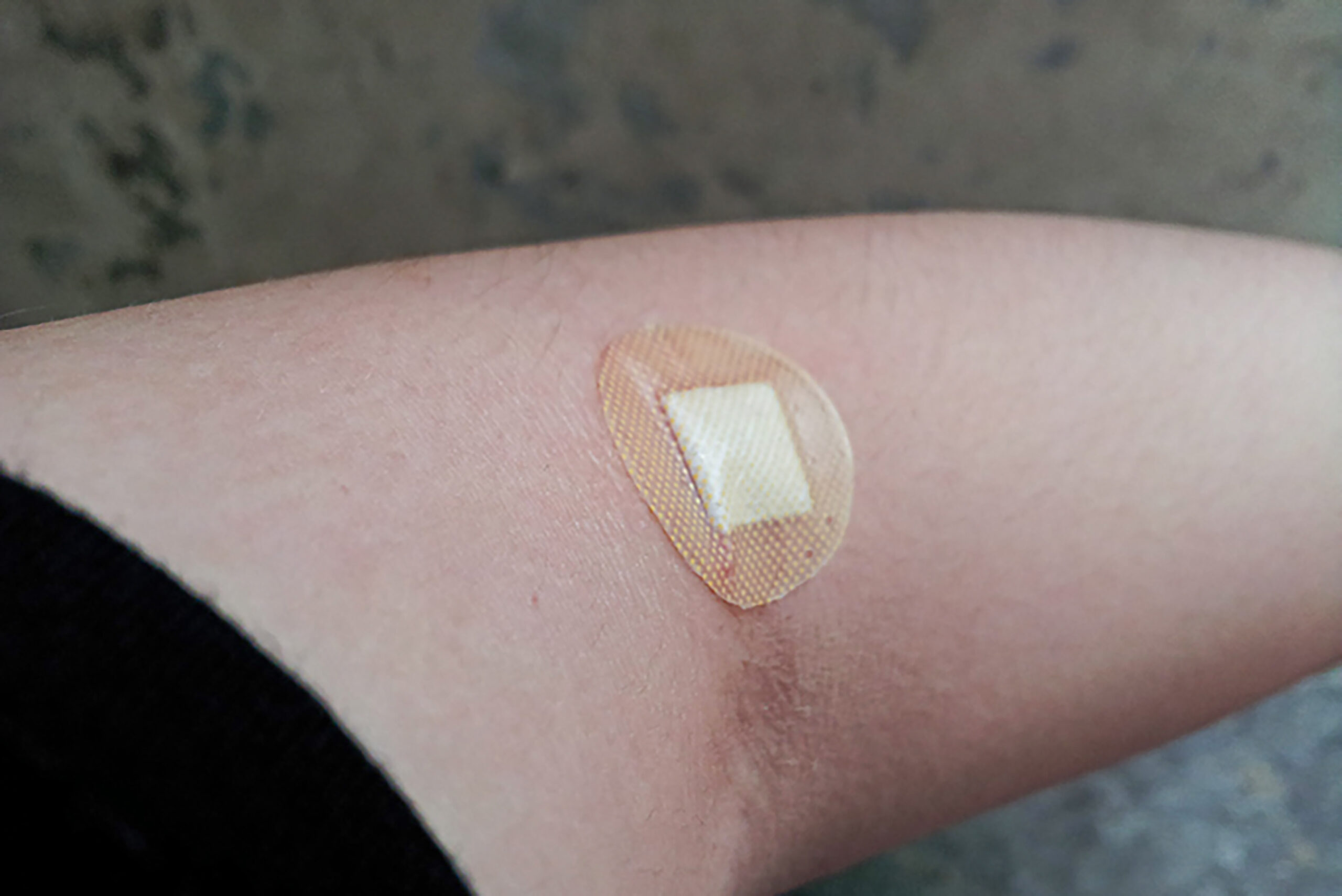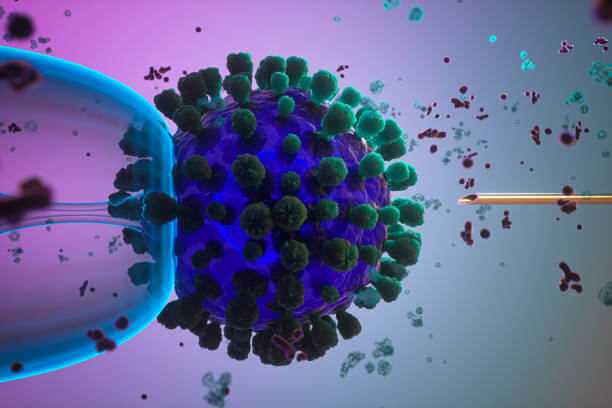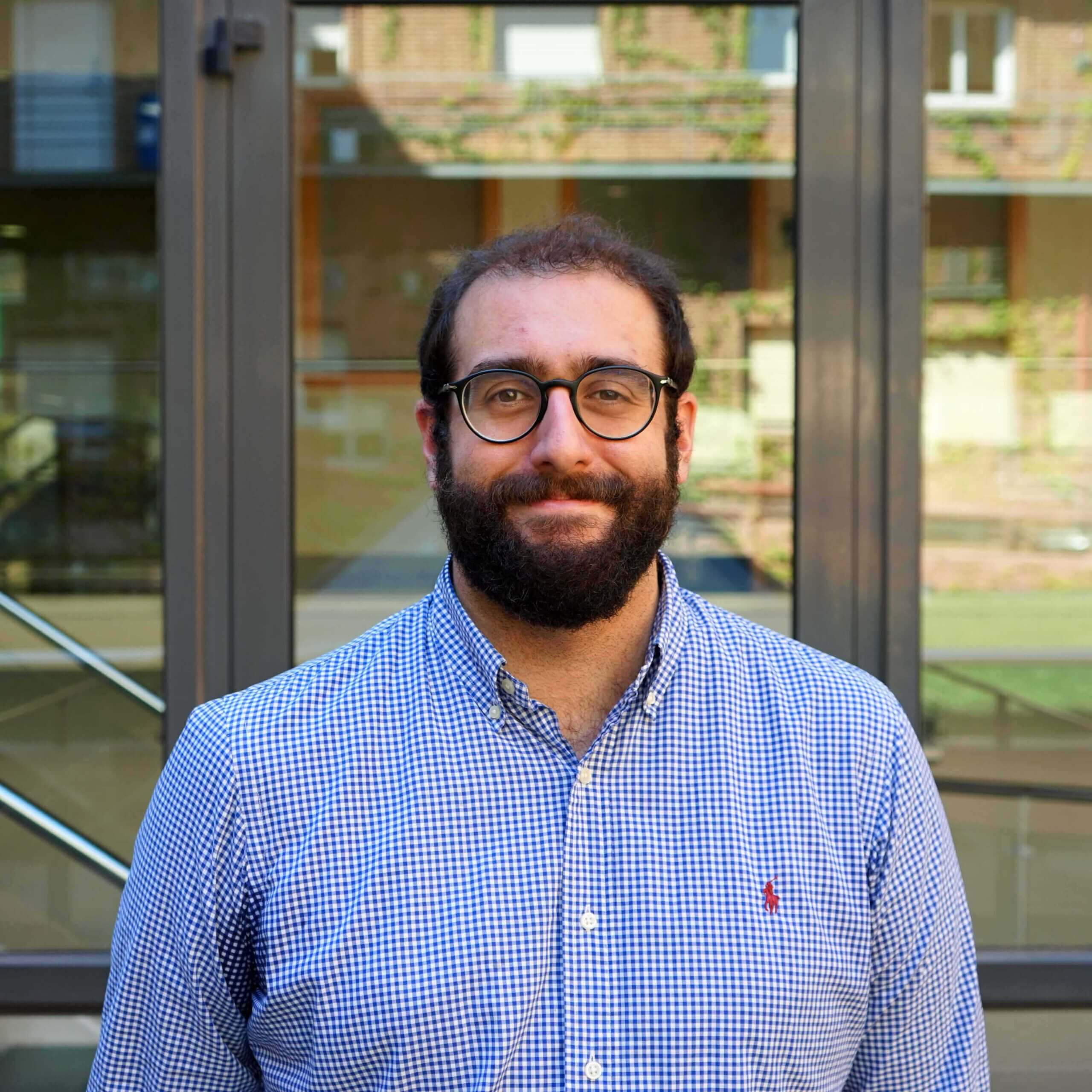PERSAM (Development of a flexible sweat biosensor to prevent and monitor liver diseases) is one of the four IQS projects that has obtained funding from the Knowledge Industry Grants programme – LLAVOR modality granted by the Agency for the Management of University and Research Grants (AGAUR) within the Government of Catalonia in the 2023 call. These grants are intended for innovative projects in the initial phase of the plan for transferring technologies or knowledge with the potential to be incorporated into the productive sector and generate value in society. The objective of these grants is to finance the actions included in the plan to study and validate their technical and commercial viability and reach a sufficient degree of maturity that allows the proof-of-concept or service validation phase to offer guarantees.
A biosensor to prevent and monitor liver disease
Continuous sweat monitoring represents a non-invasive technique for obtaining in-depth data on the biomolecular status of patients. Changes in ammonium reflect the metabolic breakdown of proteins, indicating liver disorders such as liver cancer or hepatic encephalitis, diseases that affect a significant part of the population. The main challenge entails detecting small amounts of ammonium using a platform that can be adapted to the skin.
Current monitoring sensors used on the skin face specificity issues due to the complex composition of sweat, causing inaccurate readings and reducing sensor life. In addition, most sensor substrates are rigid, which limits their adaptability to the skin and the accuracy of the measurements. Led by Dr Robert Texidó Bartes, the Materials Engineering Group (GEMAT) at the IQS School of Engineering – experts in the development of new materials, especially with biomedical applications – has developed a new composite material based on a conductive polymer modified with zwitterionic molecules that makes it possible to detect small amounts of ammonium. This material shows promise for being integrated into a biosensor thanks to its “antifouling” properties that prevent unwanted protein adhesion and loss of specificity, maintaining high flexibility to adapt to human skin and high electroactivity and sensitivity.
This material developed by GEMAT meets all the requirements for use in the monitoring of liver diseases, both in at-risk patients and in silent patients who are unaware of their status.
The PERSAM project aims to assess whether this material can be effectively implemented in a flexible biosensor to detect ammonium in sweat. Once this preliminary study has been carried out, the challenge of the project will be to develop an initial prototype to be able to involve clinical specialists in order to offer a real solution to patients suffering from liver diseases.













